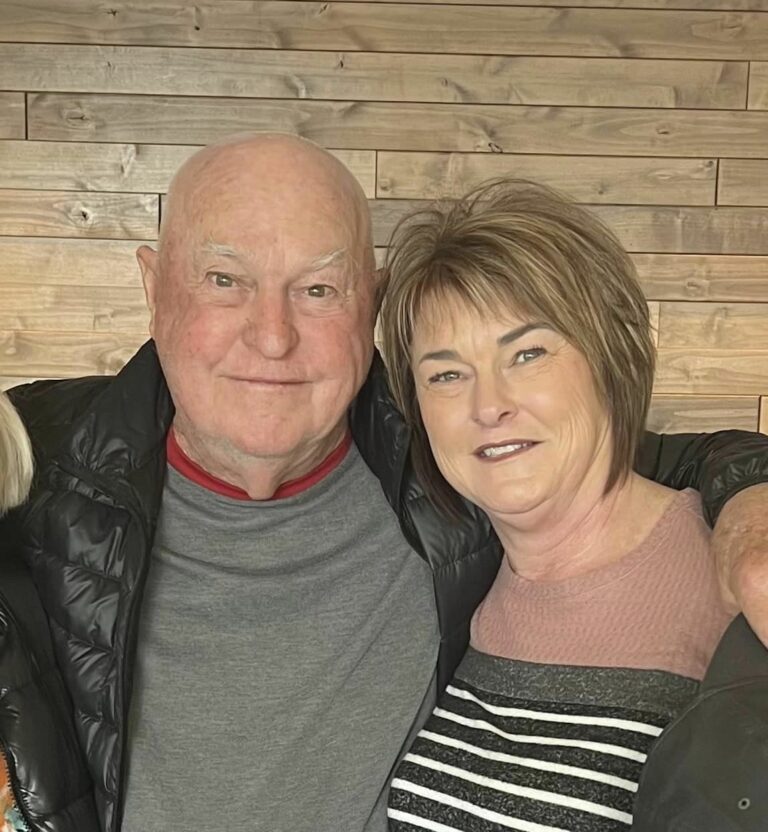
We’re all taught from a young age not to lie. You can probably remember breaking this rule as a child and how badly you felt about it. When supporting someone with memory loss, however, not reorienting them that they’ve lost their loved ones, pets, car, home, etc. can preserve their peace.
With a diagnosis like dementia, reality and what’s perceived by the person suffering can be very far apart. Along with memory loss, those with dementia may experience paranoia, panic, and extreme anxiety, or they may become angry and aggressive.
Find Senior Living Near Me
Because communication can be difficult for those with dementia, expressing emotions effectively can be challenging. It’s up to caregivers and loved ones to respond in a way that matches what’s real to them.
Helpful Communication Tips:
- Find thoughtful distractions when they begin repeating questions/stories
- Remain calm
- Don’t take what they say personally
- Prepare in advance for your visit and think of fun/positive conversation topics
- Talk about long-term memories
- Avoid asking short-term memory questions
- Say “I’m sorry” often when the person is upset regardless of why they’re angry or if it’s your fault
- Avoid saying “Remember”
- Keep plenty of photographs handy to jog long-term memories
- Do not argue/correct
- Take frequent breaks if needed
- Allow additional time for them to respond to questions
- Ask short questions
- Show grace to them and yourself
- Try therapeutic fibbing
What is Therapeutic Fibbing?
Isn’t it just a polite way of saying you’re lying? That’s one way to look at it; however, the “lie” isn’t meant to harm or gain leverage in this situation. Not orienting someone who has memory loss to the truth is a way to protect their dignity and peace.
If someone with dementia is asking for their parent, should we repeatedly and with higher volume go on to explain to them that they’re 86 years old, it’s 2023, and their parents have died? Absolutely not. How would that make them feel? Would it help their day? We don’t fib to hurt; we respond in a way that supports their reality.
Dementia can take someone back in time. As family members, it makes us terribly sad to watch them navigate the confusion as they may also forget who we are. To help those we love, we have to set our feelings aside in their presence so we don’t constantly upset them because that will trouble us too.
Consider Dementia-Friendly Support
Finding trained caregivers can be a godsend because they may not have the same deep emotional connections we do. What they will have though is a very strong understanding of memory loss as well as communication practices that instill calm feelings in your loved one.
For example, if the person with dementia can’t say, “I’m anxious/worried/etc.” they might ask for their mom or say they want to go home. Staff is trained not to respond with, “You sold your house and your mom passed away in 1987.” Instead, they will use creativity to find something safe, comforting, and meaningful for them to do. Typically, this will be something they recognize and enjoy like folding towels, coloring, eating a snack, or having a hot cup of coffee.
At Edgewood, the staff in our memory care communities are trained to meet residents where they are. These communities have fewer residents and we offer activities geared toward memory loss. One example is our life stations which have everyday items that can be easy to recognize. Because long-term memories tend to be strong, having common objects or old photographs close by can be very helpful.
For those not ready to move into memory care long-term, we also offer adult day services. In our day services we offer personal care, social opportunities, and supervision for safety. Adult day services can be a happy medium in between the stages when someone doesn’t require 24-hour support but has caregivers who could use a break. If you’d like to learn more, please reach out to us at info@edgewoodhealthcare.com.




